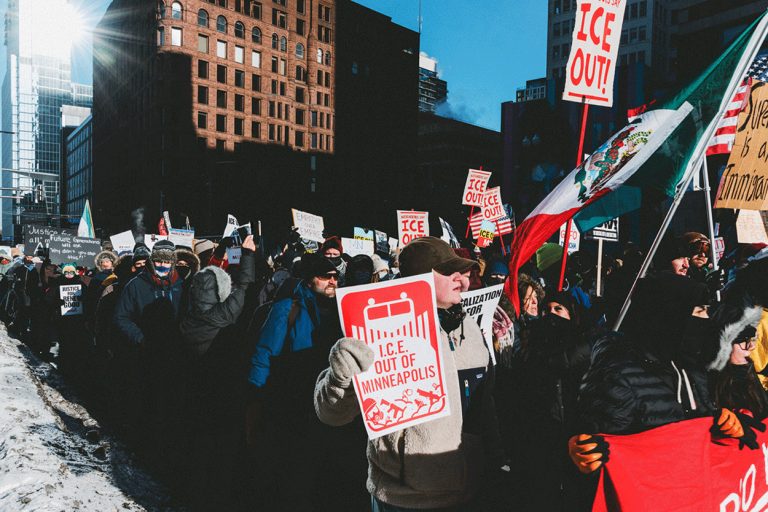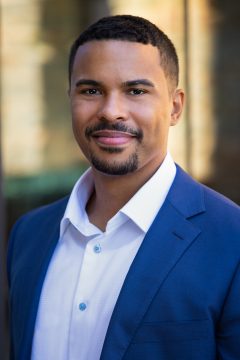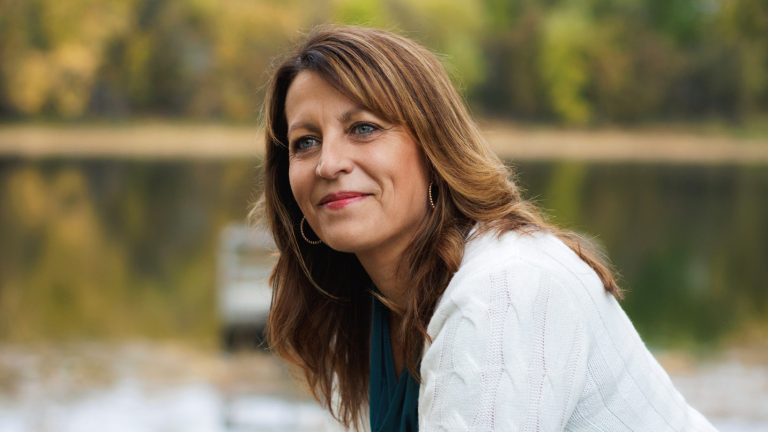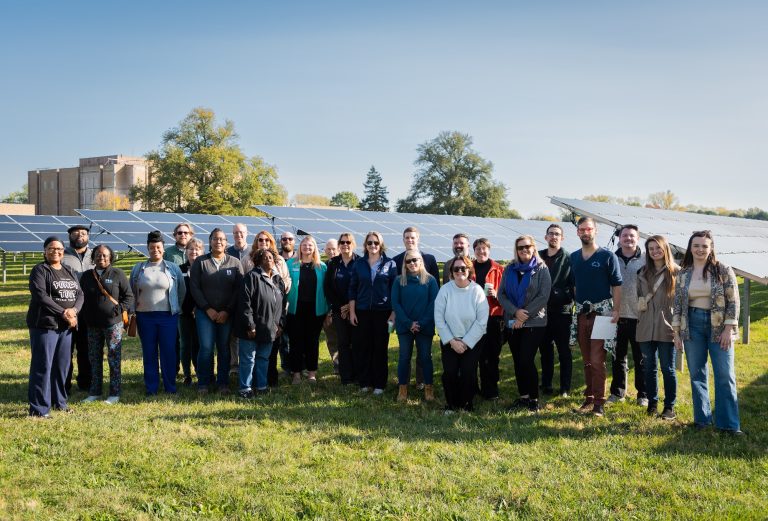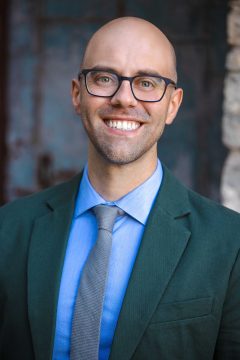I am thrilled to share additional details about the significant expansion of McKnight’s Midwest Climate & Energy (MC&E) program. As president Kate Wolford and board chair Debby Landesman announced, our board of directors has decided to double MC&E’s grantmaking budget over the next three years. The board has also approved a new program goal: Take bold action on the climate crisis by dramatically cutting carbon pollution in the Midwest by 2030.
The McKnight board is compelled to bold action by the growing signs that we are in a climate crisis, and by global scientific consensus that our world has less than 11 years to reduce pollution dramatically in order to prevent the worst impacts of climate change. Big changes, made quickly, are necessary.
We know we can advance transformative change on the climate crisis; we have done so already. In the last 10 years, we have witnessed a dramatic shift from coal to wind and solar energy in our region’s electricity system. This change was not inevitable. Our grantees have led tenacious and creative work conducting strategic grassroots campaigns and cross-sector coalition building aimed at state policy and regulatory reform.
We need to celebrate this change, accelerate it, and expand it to other sectors of the economy. In the years that I’ve been working to address the climate crisis, I’ve never felt greater urgency—or seen a greater opportunity—than now.
“Given the urgency required, the central question informing our grantmaking will be how to reduce greenhouse gas emissions at scale as quickly as possible in our region.” —AIMEE WITTEMAN, MIDWEST CLIMATE & ENERGY PROGRAM DIRECTOR
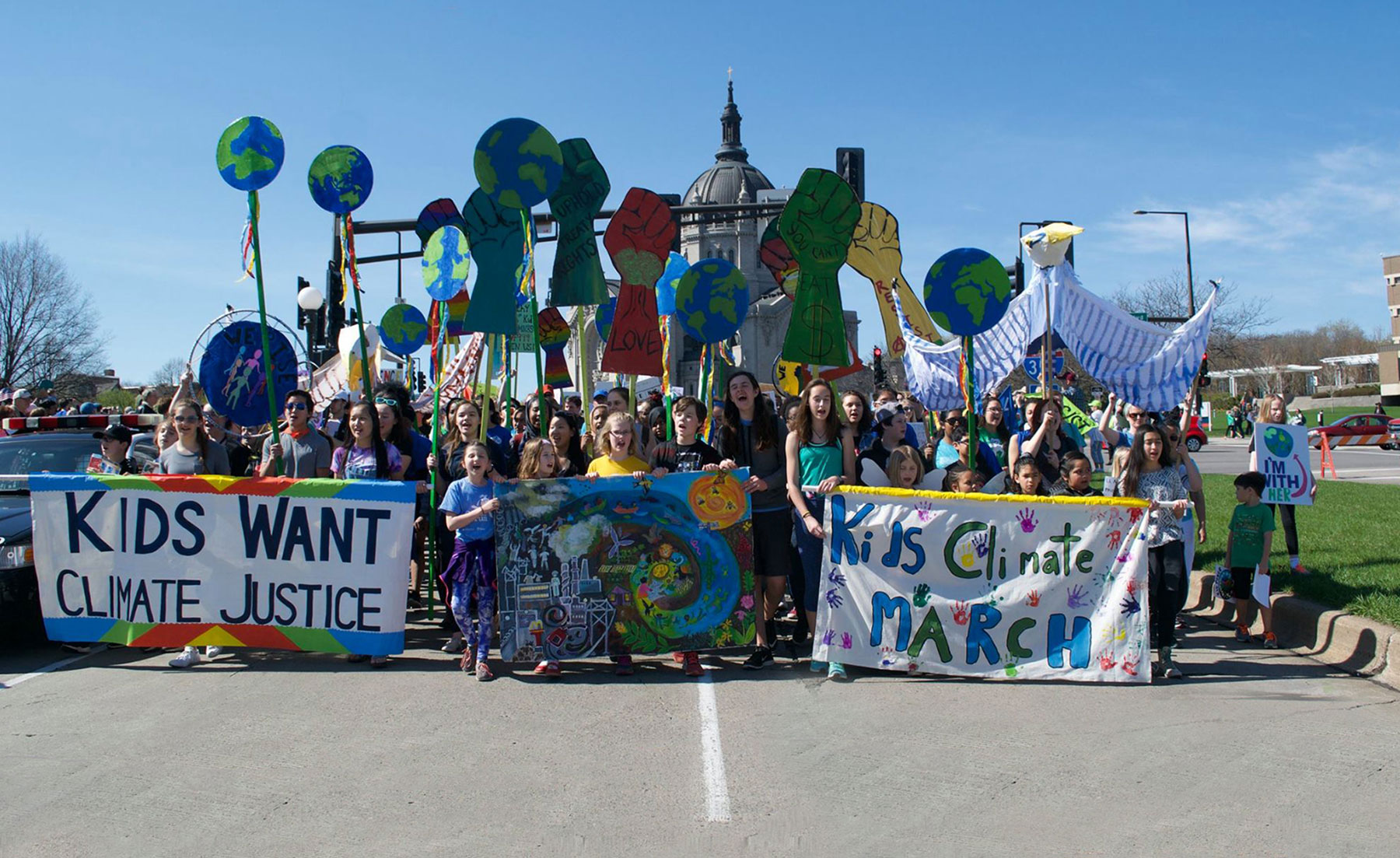
Photo Credit: Minnesota Interfaith Power & Light
What to Expect Next
In the coming years, MC&E’s grantmaking strategy will deepen its focus on rapidly cutting carbon pollution in the Midwest. For us, that geography includes Minnesota, Iowa, Illinois, Indiana, Ohio, Michigan, Wisconsin, and Missouri. While we plan to explore opportunities in all these states, we may not invest in every state immediately.
Many environmental efforts have climate co-benefits, but given the urgency required today, the central question informing our grantmaking will be how to reduce greenhouse gas emissions at scale as quickly as possible in our region. To us, that means reducing emissions by 45 percent economy-wide and 70 percent in the power sector by 2030. Longer term—by 2050—it means reducing emissions by 80 percent across the economy and completely eliminating emissions within the power sector.
Our Evolving Approach
In some ways, this approach resembles our current one, and it builds on our strategy refresh conducted in 2017. We need to produce electricity without carbon pollution. We need to electrify our homes, businesses, and transportation with clean energy, and to do so efficiently. And we need to mop up remaining emissions through natural “carbon sinks” like forests and perennial agriculture, and explore carbon capture for industry and other sectors that are difficult to decarbonize. In short, deep decarbonization is necessary across all sectors, and we plan to support that approach.
In other ways, this work will be different. In close alignment with the goals of the emerging community-focused program, our grantmaking will include deeper commitments to equity and multiracial movement building. It will also feature powerful storytelling and strategic communications, paired with inclusive civic engagement.
We recognize that the shift toward a climate-resilient and carbon-neutral economy will profoundly impact how people live and work in cities and small towns, and on farms and within tribal nations. We believe that many of the solutions to these challenges exist within communities themselves, and we look forward to supporting communities as they address the climate crisis.
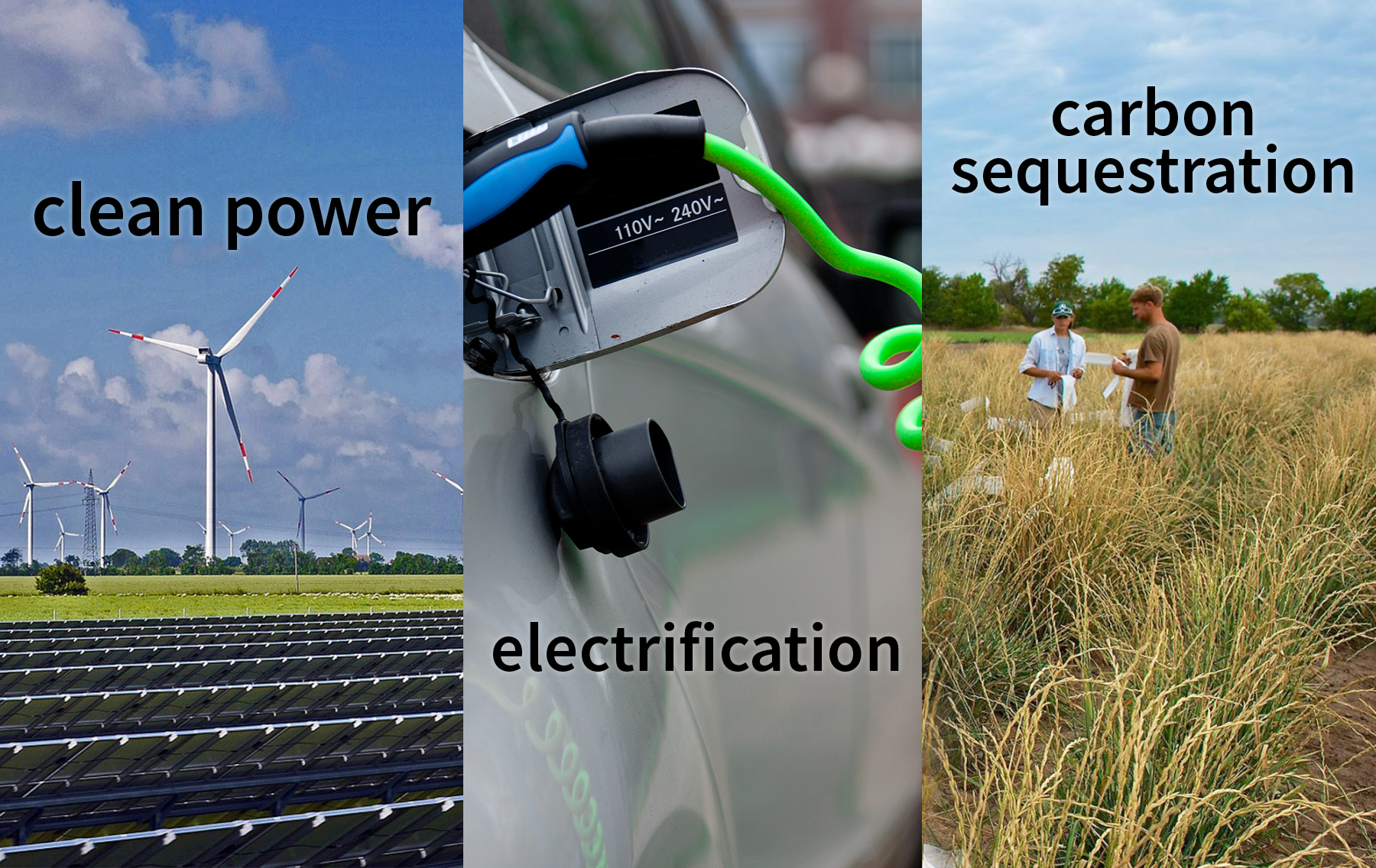
We also recognize that all these efforts require humility, ongoing experimentation, reflection, and adaptation. As we dedicate more resources to cutting carbon pollution throughout the Midwest, we will continue to learn from and alongside our longtime grantees, while also exploring new relationships and opportunities. Our current grantmaking will continue until fall 2020, when we will announce the new program guidelines.
McKnight will also maintain its commitment to impact investing; today, one of every three dollars invested is mission aligned. We plan to continue collaborating with our impact investing team to decarbonize our endowment and ensure that investments deliver a high level of impact in solving the climate crisis.
The MC&E team looks forward to working in deep partnership with talented and committed people to take bold action, dramatically cut carbon pollution, and build an equitable, carbon-neutral economy that will inspire pride throughout our region. In all this, we aspire toward a future where people and planet thrive.
